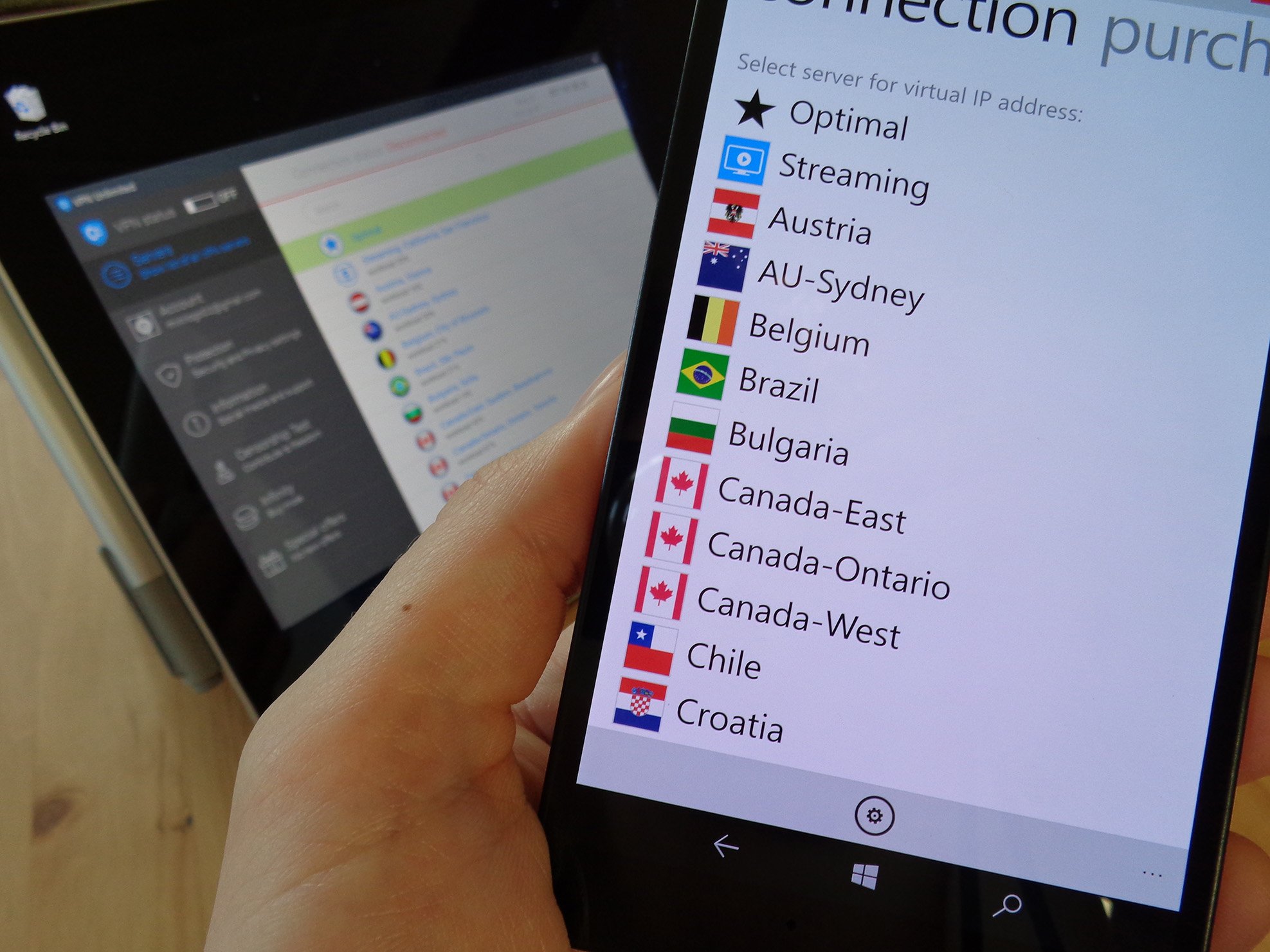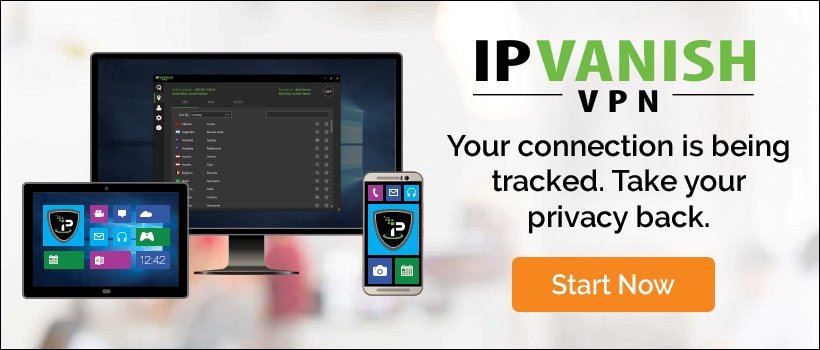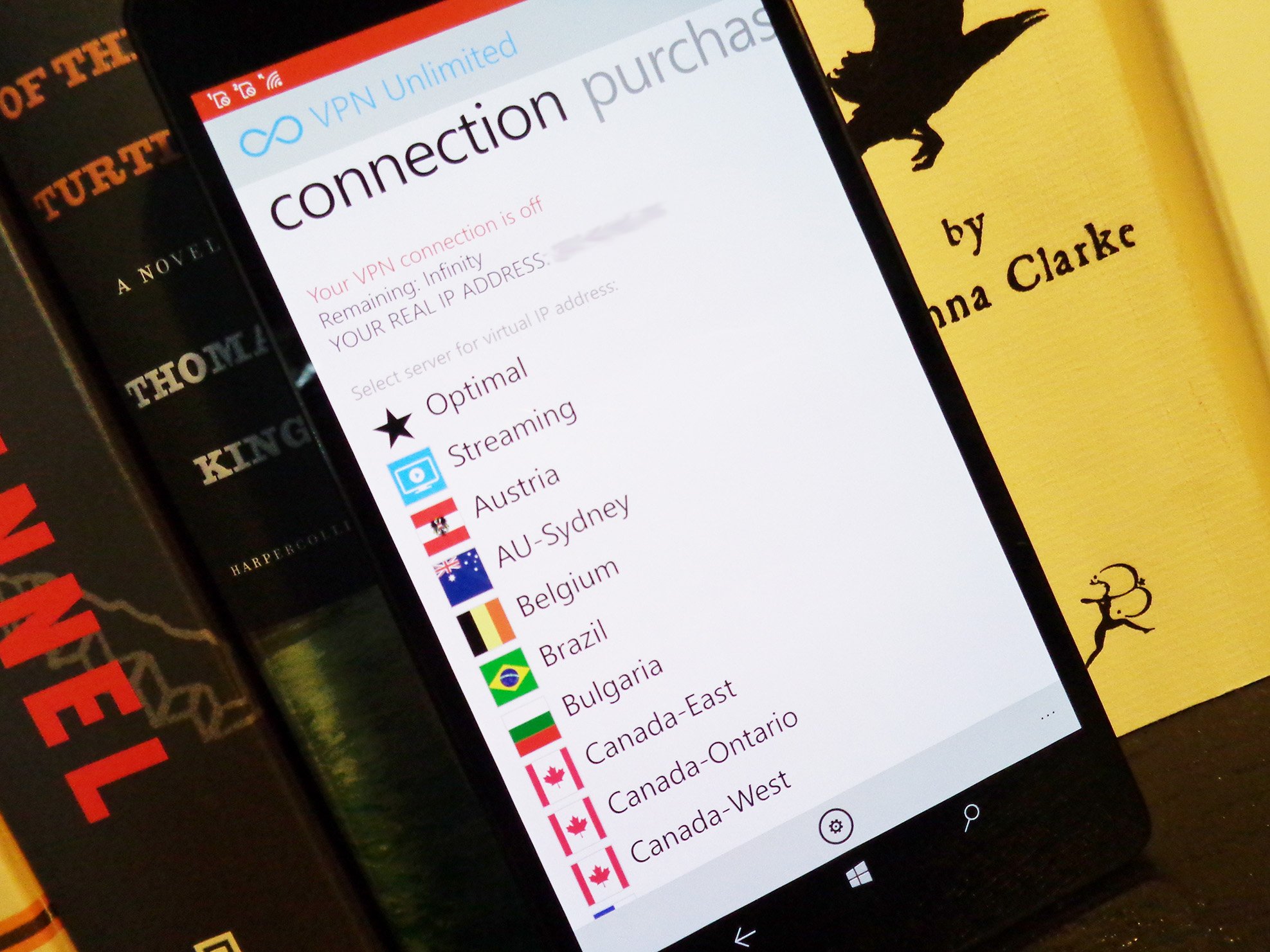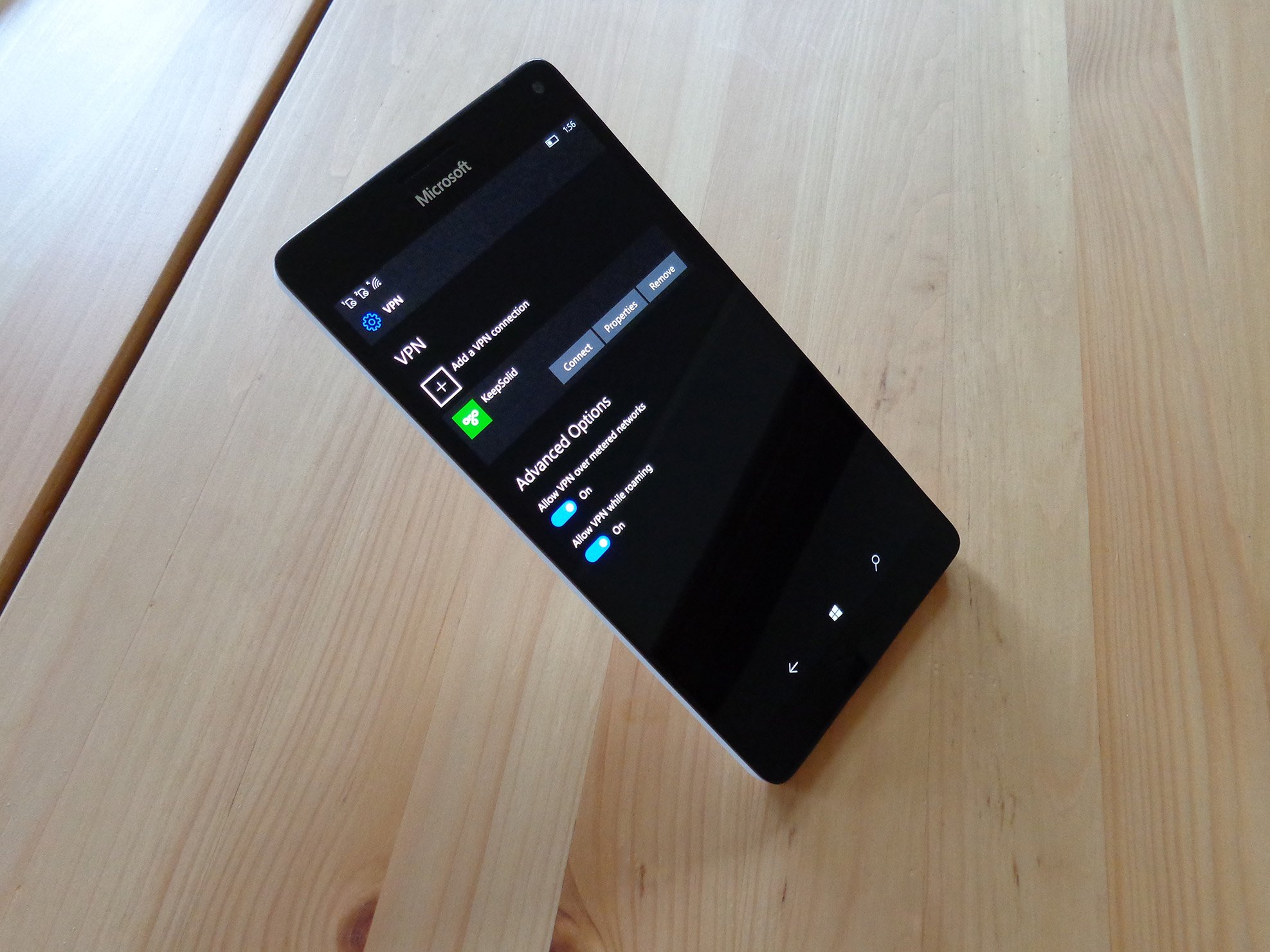6 good reasons why you really should use a VPN

All the latest news, reviews, and guides for Windows and Xbox diehards.
You are now subscribed
Your newsletter sign-up was successful
Virtual Private Networks (VPNs) are becoming increasingly popular in an age where your privacy online is being spied on, hacked, and sold. However, many people still consider VPNs to be overkill; if they have nothing to hide, why worry about privacy at all? It's a common argument, but it's beginning to sound like it came from someone looking to make money off of your personal information.
Let's take a look at the reasons why smart people choose to browse with a VPN, to help you decide whether or not it's time to invest.
For more information about VPNs, check out the following resources.
- What's the difference between a VPN and a proxy?
- How to set up a VPN on Windows 10 Mobile
- Best VPN services available now
You travel a lot and use Wi-Fi hotspots
Hotels, hostels, cafes, airports, and anywhere else you visit while traveling that has a Wi-Fi hotspot is a potential source of trouble. You have no idea who else is connected, and you have no idea who is potentially monitoring traffic. Not only that, but someone could be faking the connection point to get your PC or phone to hook up to their access point (known as an "evil twin") rather than the one at the friendly cafe down the street.
Using a VPN ensures that data leaving your PC and traveling to the VPN server is encrypted, so even if someone intercepts it, they won't be able to read it.
You like to watch media from other countries
VPN providers generally have a broad selection of servers in a variety of countries. You can ideally connect to any of these servers (speeds will probably be slower if you're connecting to a server that's halfway around the world) to access geo-restricted content.
For example, if you're in Canada and would like to watch a video that is only available in the U.S., you can connect to a server located south of the border and enjoy it as if you were actually in the U.S.
Your government blocks certain internet content
Not everyone lives in a free country. The internet (and the information it delivers) is one of the most powerful tools our species has ever come up with, and oppressive governments recognize this.
Whether you're a journalist trying to access information or a civilian who wants the real story about why there are thousands of people amassing in a city's square, a VPN can get you past government restrictions that would otherwise leave you in the dark.

Advertisement
Search engines are keeping tabs on you
Your Bing and Google searches are being recorded and used for marketing purposes, among other things. These aren't the only search engines doing this — far from it — but if you don't like using an alternative that doesn't track your searches (Hi there, DuckDuckGo), your next step is to grab a VPN.
Marketing based on your searches is relatively harmless if you're the only one using a PC, but having ads pop up for embarrassing things on a PC used by multiple people is, well ... embarrassing. A VPN takes care of this problem by masking your IP address, which is what search engines use to keep track of who's looking for what.
You love VoIP
Voice over Internet Protocol (VoIP) is a handy way to avoid costly long-distance bills normally accrued by using a more conventional phone. Unfortunately, some countries block the use of VoIP services, whether because of pressure from telecom companies or more general oppressive strong-arming.
Using a VPN to change your IP address to a location outside of a problematic country will solve the problem, plus you get extra protection from anyone who's interested in listening in on your calls. Most VoIP services already protect against this type of thing, but you can really never be too careful when dealing with the internet.
You disagree with FCC rules
FCC rules in the U.S. were recently changed so that your internet service provider (ISP) can sell your browsing history and other data for profit without your consent. Interested parties can determine a lot about someone solely based on their browsing patterns and history. Maybe you've been searching for medical advice that interferes with your insurance policy? You'd hate to have that information fall into the wrong hands.
Selling your data isn't exactly anything new, but why are ISPs charging you exorbitant amounts of money to use their services when they can turn around and sell personal information from an integral part of your life? Big companies are making more money while civilians have to suffer the loss of another chunk of privacy.
To put up a fight against the people who'd rather make money than protect your privacy, invest in a good VPN. The data traveling between your PC or phone and the VPN server is encrypted and anonymous, and any data coming out the other side is linked to the VPN's IP address rather than your own.

Advertisement
Choose a legitimate VPN
Have you decided it's time to finally use a VPN? Choosing one is an important process. Free options are generally best left alone unless you only want to try it out temporarily, and even some paid services don't offer the same level of protection and anonymity as others. To help you choose, we selected the best VPN providers available right now. To help with the cost of VPN services, we also have some great deals on our Windows Central Digital Offers page.
- See the best VPN services available now
- See our deals on VPN services at Windows Central Digital Offers
We test and review VPN services in the context of legal recreational uses. For example:
1. Accessing a service from another country (subject to the terms and conditions of that service).
2. Protecting your online security and strengthening your online privacy when abroad.
We do not support or condone the illegal or malicious use of VPN services. Consuming pirated content that is paid-for is neither endorsed nor approved by Future Publishing.
All the latest news, reviews, and guides for Windows and Xbox diehards.

Cale Hunt brings to Windows Central more than nine years of experience writing about laptops, PCs, accessories, games, and beyond. If it runs Windows or in some way complements the hardware, there’s a good chance he knows about it, has written about it, or is already busy testing it.




